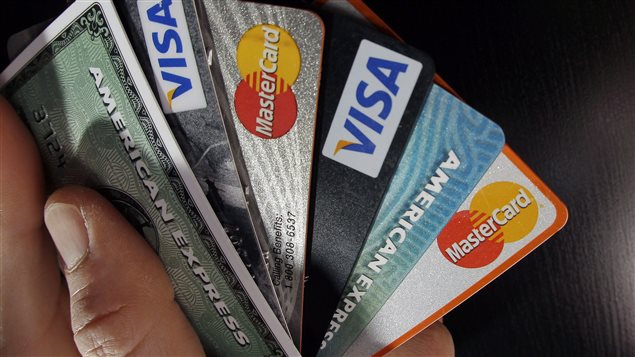The average consumer debt held by Canadians increased by 3.6 per cent to $22,081 in the quarter that ended Sept. 30 compared to the same period last year, says a new report by Equifax Canada.
As of the third quarter, Canadian consumers owed $1.702-trillion compared to $1.587-trillion a year earlier. That number doesn’t include mortgage debt.
Equifax says the percentage of people who are 90 days or more behind paying their debt grew to 1.14 per cent from 1.05 per cent during the same year-over-year period.
Compared to a year ago, the highest delinquency rate increases in the country were found in Alberta, Saskatchewan, and Newfoundland, where default rates tend to be higher.
“What we are seeing in Western Canada and Newfoundland would be of more concern if people in the two regions hit hard by the oil bust were also piling on a lot more debt and they are not, especially in Alberta and Saskatchewan,” said in a statement Regina Malina, senior director of Decision Insights at Equifax Canada. “At the same time, Ontario and Quebec show stability and display responsible re-payment behaviour.”
On average, Canadians across the country are managing their debt wisely, with the majority paying off their credit cards in full every month and few making only the minimum payments, the credit agency said, urging consumers to avoid piling up more debt in the holiday season.
Total consumer debt, excluding mortgages, remains on the rise fuelled in part by low interest rates, it said.
“The majority of consumers are actually decreasing their debt, but those who are still increasing it are adding larger amounts on average and by enough to increase the total levels,” said Malina.







For reasons beyond our control, and for an undetermined period of time, our comment section is now closed. However, our social networks remain open to your contributions.